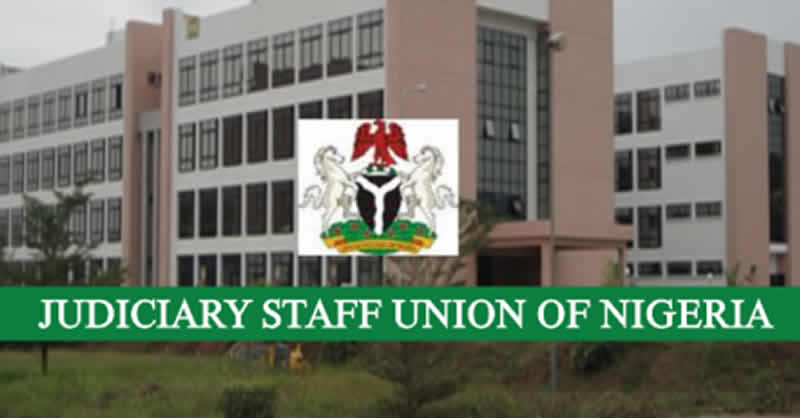Politics
Afghanistan swears in two Presidents

Afghanistan’s president-elect Ashraf Ghani and his election rival, Abdullah Abdullah, took part in parallel swearing-in ceremonies Monday, fueling political tensions and posing a fresh challenge to U.S.-led peace efforts.
Both ceremonies were initially delayed, apparently to allow for hectic U.S. diplomacy to resolve the crisis.
However, after several hours the inaugurations began.
Ghani was the first to take the oath, in a ceremony shown live, where among other foreign guests were U.S. envoy Zalmay Khalilzad and U.S. commander of international forces Scott Miller.
Abdullah also was sworn in in a ceremony in his office, with both ceremonies broadcast live by all Afghan television stations,with some showing the two on split screens.
The Afghan election commission late last month declared incumbent Ghani the winner of the bitterly contested September 28 presidential election.
But Abdullah, the incumbent chief executive, rejected the outcome as fraudulent, claiming that he and his team had won the vote and threatened to form his own government.
Monday Abdullah tweeted his determination to move forward:
“No one should have underestimated our commitment to genuine democracy & our resolve to uphold rule of law. Our track record of self-denial & compromise should not have given cause to anyone to take us for granted. Invalidation of all fraudulent votes is the way out!”
The political turmoil poses a serious challenge to a landmark deal the United States signed with the Taliban insurgency a week ago to help bring stability to Afghanistan.
The agreement signed February 29 in Qatar requires the Taliban to open negotiations with an inclusive Afghan delegation of political forces and civil society, and negotiate a permanent cease-fire.
The intra-Afghan talks are to begin Tuesday, but the inauguration crisis, analysts say, is likely to hamper efforts aimed at forming a united Afghan delegation to engage in talks with the Taliban.
Both Ghani and his traditional rival Abdullah also had claimed victories in the 2014 fraud-marred presidential election, leading to months of political chaos in the country.
Washington’s intervention at the time had settled the dispute under a deal that allowed Ghani to become the president and Abdullah to head a newly formed office of the chief executive of the outgoing so-called national unity government of Afghanistan that was plagued by deep political rivalries and controversies throughout its tenure.
-

 Metro19 hours ago
Metro19 hours agoOgun judiciary workers suspend strike
-

 News12 hours ago
News12 hours agoFG revokes 924 dormant mining licences
-

 News17 hours ago
News17 hours agoMohbad’s father has no right to demand DNA test – Lawyer
-

 News15 hours ago
News15 hours agoFG suspends Dana Air operations
-

 Metro19 hours ago
Metro19 hours agoVictim of Oyo police shooting not student – LAUTECH
-

 News19 hours ago
News19 hours agoLAUTECH introduces Mass Communications, five other programs
-

 News17 hours ago
News17 hours agoGWR: Chess master Tunde Onakoya arrives Nigeria, gets hero’s welcome
-

 Sports15 hours ago
Sports15 hours agoWhy I didn’t apply for Super Eagles’ job – Vincent Enyeama



































